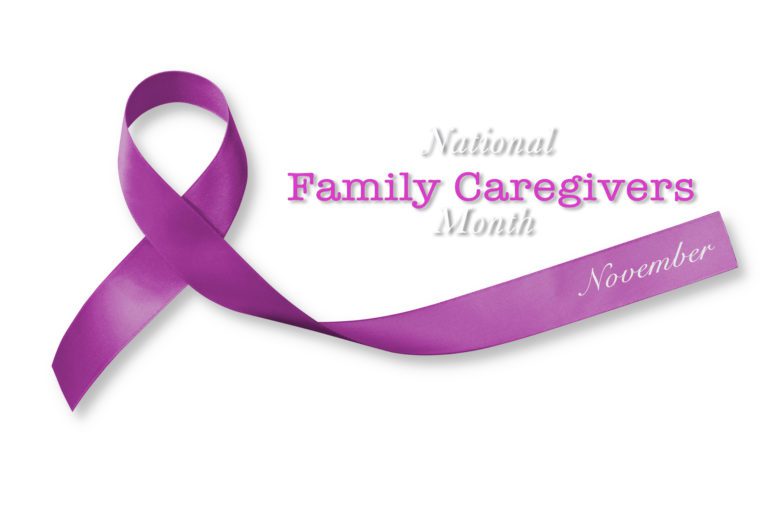Taking care of elderly individuals with Alzheimer’s and dementia at home can be a challenging task. There are various misconceptions and myths surrounding home care for individuals with these conditions. In this article, we will debunk three common myths about Alzheimer’s and dementia home care for the elderly. Let’s separate fact from fiction and gain a better understanding of how to provide optimal care for our loved ones.
Table of Contents
- Myth #1: Home Care Is Inadequate for Alzheimer’s and Dementia Patients
- Myth #2: Family Members Can’t Handle the Responsibility of Home Care
- Myth #3: Home Care Lacks Professional Expertise
- Conclusion
Myth #1: Home Care Is Inadequate for Alzheimer’s and Dementia Patients
Misconception: “Professional care facilities are the only option for Alzheimer’s and dementia patients.”
It is a common belief that only professional care facilities can adequately cater to the needs of individuals with Alzheimer’s and dementia. However, this is not entirely true. With the right resources, support, and knowledge, home care can be a viable and effective option for many elderly individuals with these conditions.
Truth: “Home care can provide a familiar and comfortable environment for Alzheimer’s and dementia patients.”
Research shows that familiar surroundings can have a positive impact on individuals with Alzheimer’s and dementia. Home care allows patients to stay in a place filled with memories and personal belongings, reducing confusion and anxiety. With proper modifications and support from trained caregivers, the home can be made safe and suitable for the specific needs of Alzheimer’s and dementia patients.
Myth #2: Family Members Can’t Handle the Responsibility of Home Care
Misconception: “Providing home care for Alzheimer’s and dementia patients is too overwhelming for family members.”
Caring for someone with Alzheimer’s or dementia can indeed be emotionally and physically demanding. Many families worry that they lack the necessary skills and knowledge to manage the challenges associated with these conditions. However, with the right guidance, education, and support, family members can successfully provide home care and create a nurturing environment.
10 Signs death is near Dementia Patients
Truth: “Family members can contribute to the well-being of their loved ones through home care.”
The presence of family members in a home care setting can provide a sense of familiarity and emotional comfort for individuals with Alzheimer’s and dementia. With proper training and education, family members can learn effective communication techniques, behavior management strategies, and techniques to ensure safety and comfort. Collaborating with healthcare professionals and support groups can further enhance the caregiving experience.
Myth #3: Home Care Lacks Professional Expertise
Misconception: “Home care lacks the expertise and specialized knowledge necessary to address the unique needs of Alzheimer’s and dementia patients.”
There is a prevailing belief that professional care facilities offer more comprehensive and specialized expertise in handling the complex challenges of Alzheimer’s and dementia. However, with the right team of caregivers, including trained professionals and healthcare providers, home care can provide the necessary support and expertise required for these conditions.
Truth: “Home care can involve a multidisciplinary team to cater to the specific needs of Alzheimer’s and dementia patients.”
Home care agencies can employ a range of professionals, including registered nurses, licensed practical nurses, and certified dementia care specialists. These experts can assess the individual’s needs, provide specialized care plans, monitor health conditions, and offer guidance to family members. Collaborating with healthcare professionals ensures that all aspects of the patient’s care are adequately addressed.
The Benefits of In-Home Care for Patients with Dementia or Alzheimer’s
Conclusion
Debunking the myths surrounding Alzheimer’s and dementia home care is crucial for providing the best possible support and quality of life for elderly individuals with these conditions. Home care can be a viable option, providing a familiar and comfortable environment while involving a multidisciplinary team of professionals. With the right knowledge, resources, and support, families can confidently navigate the challenges and provide optimal care for their loved ones at home.







